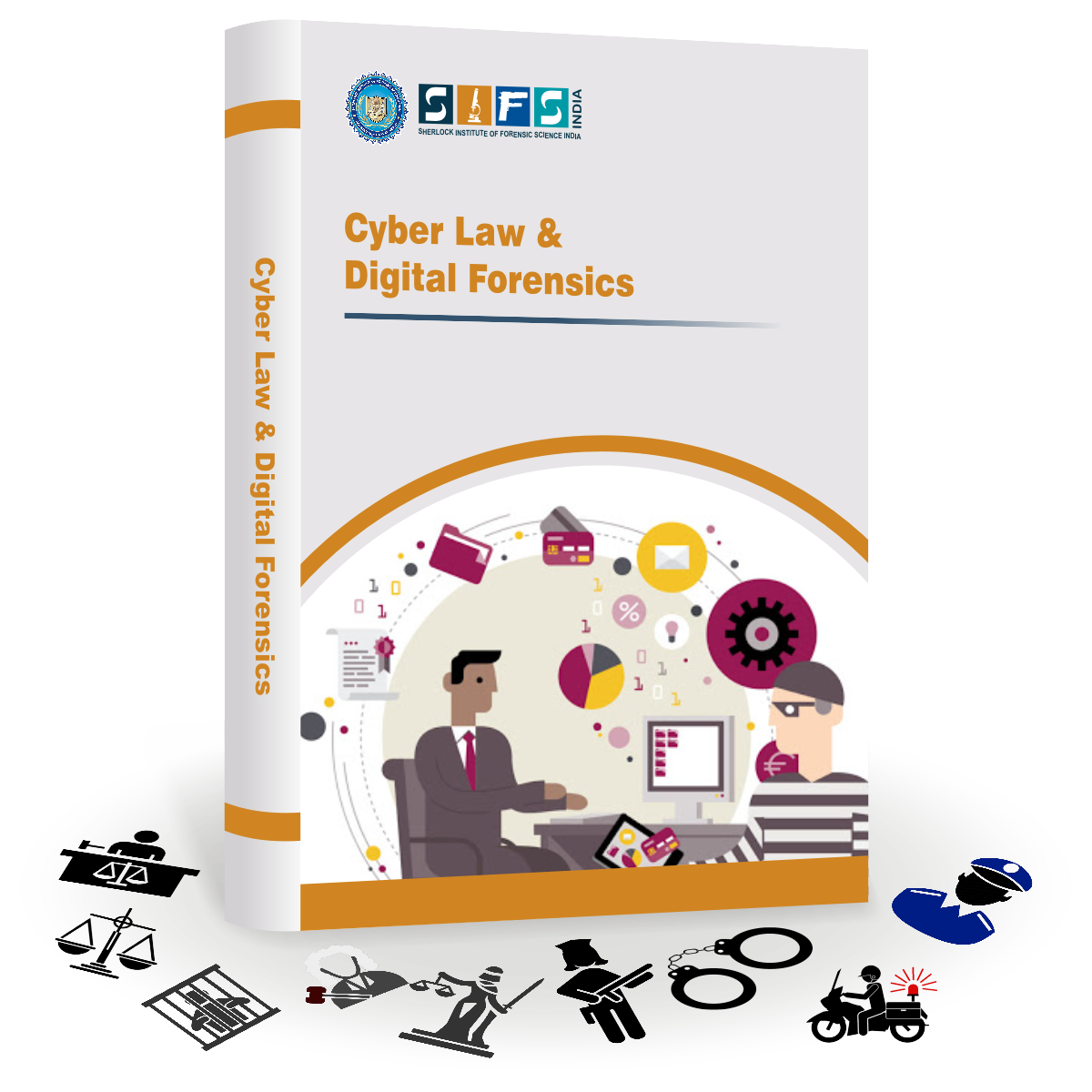MODULE 1 - COMPUTER AND NETWORKS
In this module, you will learn about the world of computing and information technology, beginning with an overview of early computing machines, the evolution of computers and software, computer assembly, software, and the types and speed of computer memory.
The module also covers computer networks and the internet, including the need for networks, network topology, different network types, the history of the internet, the workings of the internet and the World Wide Web (WWW), cyber space, protocols, web publications, and internet management organizations, along with related terminology.
MODULE 2 - E-COMMERCE
The module explores the domain of e-commerce, like an overview of the concept of online selling, types of e-commerce business models (business to consumer (B2C), business to business (B2B), business to government (B2G), business to business to consumer (B2B2C), consumer to consumer (C2C), and consumer to business (C2B)), and the advantages that e-commerce offers to businesses and consumers alike.
MODULE 3 - CYBER CRIME AND CYBER TERRORISM
In this module, you will be introduced to cybercrimes and their various types, cyber frauds and threats (like phishing, ransomware, social engineering, DoS, DDoS, identity theft, internet fraud, spyware, etc.), and cyber terrorism, with a focus on national and international security issues. The module also focuses on the study of hacking, viruses, trojans, and worms as malicious activities aimed at compromising computer systems and data security.
MODULE 4 - INTERNET SECURITY CONCEPT
This module explores the concept of online security, emphasizing the importance of safeguarding digital assets and systems, firewalls in cybersecurity, including their type and functionalities in network protection, security products, including a range of software and hardware solutions to enhance digital security measures, and the usage of biometrics in identity verification, highlighting the importance of physiological and behavioral characteristics as security measures. This module will equip you with essential skills to implement security measures in the digital landscape.
MODULE 5 - CRYPTOGRAPHY
Cryptography involves securing data through various techniques, like encryption and decryption. In this module, you will gain insights about the fundamental concepts of cryptography and the role it plays in achieving security goals like maintaining data privacy (confidentiality), data authenticity (verifying the source of origin), and data integrity (not modified during transfer). You will also become familiar with the concept of keys, an integral component of cryptographic systems, and key repairs used in asymmetric cryptography.
MODULE 6 - DIGITAL SIGNATURES AND ELECTRONIC PAYMENT SYSTEM
This module explores the concept of digital signatures and electronic signatures, the differences between them, the technical challenges associated with them, like implementation cost, fraud risk, compliance risk, legal issues, genuinity of signatures, etc., the advantages of using these signatures, methods to recognize and authenticate these types of signatures, and electronic payment systems and their implications for taxation.
MODULE 7 - INFORMATION TECHNOLOGY ACT - 2000
This module covers the salient features of India's IT Act of 2000 to regulate and promote electronic transactions. It includes knowledge about electronic records, digital signature authentication, electronic governance, the roles and powers of different authorities established under the IT Act, and the penalties and offenses defined within the Act.
You will also learn how the legal landscape is evolving in the digital age, including the impact of the IT Act on other related Acts detailing amendments made to the Indian Penal Code, Evidence Act, Bankers Book Evidence Act, and Reserve Bank of India Act.
MODULE 8 - CYBER SPACE AND INVESTIGATION
This module introduces you to the concept of cyber jurisdiction, key principles of jurisdiction, territorial jurisdiction (application of national laws within its physical boundaries), extraterritorial jurisdiction (extension of a nation’s reach beyond its borders under certain situations), cyberspace jurisdiction (international cooperation to tackle transnational cyber crimes), and specialized approaches to investigating cyber crimes along with cooperation among nations due to the borderless nature of cyber offences.
MODULE 9 - CYBER LAW
In this module, you will learn about electronic data interchange (EDI), which is a technology for digital communication and data exchange between businesses, the legalities related to it, legal frameworks to facilitate international trade and transactions, UNCITRAL Model Law (the global framework for electronic commerce legislation), electronic signature laws in major countries, cryptography laws, and cyber laws in major countries, highlighting the global effort to regulate and address various aspects of cyber activities, from online privacy to cybercrimes.
MODULE 10 - LAW OF INTELLECTUAL PROPERTY
This module explores laws related to the protection of intellectual property rights. It includes the Copyright Act (laws related to the right to copy), the Trade and Merchandise Act (regulating online commercial activities, trademark protection, and illegal use of marks on merchandise), the Patent Act (laws related to safeguarding innovative ideas and inventions), the concept of domain name disputes and cyber-squatting to deal with challenges related to securing online identities and branding, and the study of important case laws to gain better insights into legal decisions that shape the evolving landscape of cyber law.
MODULE 11 - DIGITAL FORENSICS AND RELATED INVESTIGATIVE PROCESS
In this module, you will learn about the intersection of legal issues and digital forensics, the contextual framework within which digital forensics operates, media analysis (disk structure, file systems, and physical layer issues), live evidence collection techniques, analysis techniques (keyword searches, timelines, and the identification of hidden data), application and network analysis, cell phone and PDA analysis, binary code scrutiny, and the critical aspects of evidence collection, preservation, and testimony in a legal context.
The module also covers legal issues concerning digital forensics in relation to an investigator's role and responsibilities while performing digital forensics analysis, the usage of digital forensics tools, recognizing the existing state of practice, and identifying gaps in technology, policy, and legal aspects.






